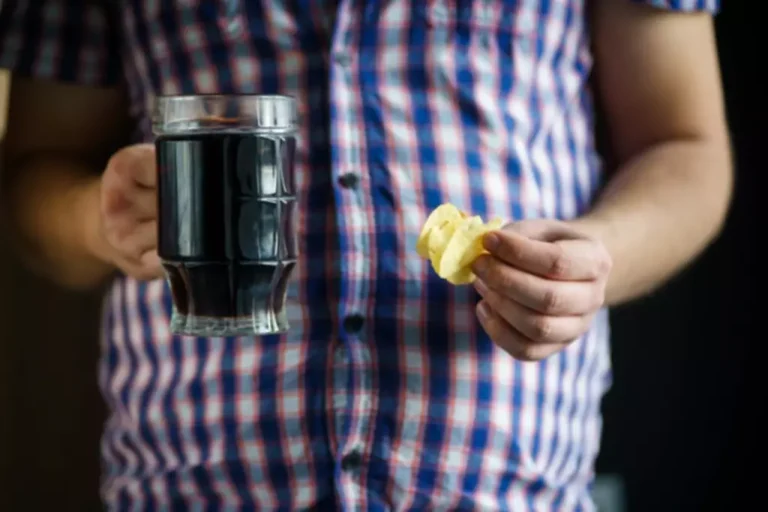
An alcohol allergy involves an immune system overreaction to alcohol, which can cause widespread and sometimes life threatening symptoms. Anyone who experiences severe allergy symptoms after consuming alcohol needs to seek emergency care. If you have a true alcohol allergy, the only way to avoid symptoms is to avoid alcohol entirely.

Need more information about managing alcohol intolerance? Please consult with us to explore your options.

Even if we handled alcohol well in early adulthood, this can change as we age. It is similar to any other allergy and intolerance that develops later in life. This deficiency affects 8% of the world’s population, but is much more common in people of East Asian descent (at 35-40% of the Asian population). A sudden inability what is Oxford House to handle alcohol may be of concern for various reasons. Some people may become worried about a more significant medical reason for not being able to drink like they used to, while others may feel social or career-related pressures to drink.

Alcohol Intolerance: Definition, Causes, Symptoms, Test, and Remedy
Continuing https://ecosoberhouse.com/ to drink alcohol while knowing you are intolerant (or allergic) can also have severe health consequences. Antihistamines can help to reduce the intensity and severity of the symptoms alcohol intolerance causes. While this over-the-counter option can make you feel better, it is not actually treating the underlying problem but just masking it. It is far better to avoid alcohol altogether if you have alcohol intolerance instead of solely treating the symptoms.

Medical Professionals
According to a study from the Mayo Clinic, certain ethnic groups, particularly East Asians, exhibit a notably higher incidence of aldehyde dehydrogenase 2 (ALDH2) deficiency. This deficiency is found in up to 40% of individuals in these populations, making them significantly more prone to experiencing symptoms of alcohol intolerance. A medical professional will recommend a simple test involving alcohol consumption under controlled conditions to observe symptoms. Unfortunately, the only treatment for alcohol intolerance is avoiding alcohol.
- Interestingly, many East Asians have a genetic mutation that makes them produce lower levels of the ALDH1 enzyme.
- For individuals with severe cases of alcohol intolerance, effective medical management is crucial to mitigate symptoms and prevent complications.
- Alcohol contains metabolites, which are substances produced during metabolism.
- In some cases, reactions can be triggered by an allergy to a grain such as corn, wheat, or rye or to another substance contained in alcoholic beverages.
- However, if asthma symptoms occur with alcohol intolerance, it is good to see your doctor and ensure you manage your asthma correctly.
- The only way to avoid alcohol intolerance symptoms or an allergic reaction is to avoid alcohol or the particular beverage or ingredients that cause the problem.
- Alcohol intolerance can result from a genetic condition where the body cannot break down alcohol to digest it correctly.
A 2010 German questionnaire surveyed 4,000 people and found that self-reported wine intolerance specifically was present in 5.2% of men and 8.9% of women. However, only around 20% of those surveyed completed and returned the questionnaire. It is difficult to establish a full picture of the prevalence of alcohol intolerance, though.
- While hangovers are often not exclusively due to high acetaldehyde levels, they play a large role.
- Individuals with this condition often face challenges in environments where alcohol is prevalent, such as parties or social gatherings.
- Many people with alcohol intolerance have a deficiency in an enzyme called aldehyde dehydrogenase 2 (ALDH2).
- Individuals may also explore alternative alcoholic beverages or nonalcoholic options that they can tolerate.
- Alcohol intolerance and alcohol allergy may share certain symptoms, but they are two different conditions.
- If you’re allergic to a specific ingredient in certain alcoholic drinks, switching to a different alcoholic drink may be an option.
Concerned you may develop alcohol intolerance? Learn more about its causes and symptoms today.
However, there is no evidence showing that COVID-19 actually causes alcohol intolerance. Even in most anecdotal cases, the inability alcohol intolerance to drink as much often seemed to be related to fatigue or other long-COVID symptoms. The acetaldehyde that builds up and causes alcohol intolerance is a major contributing factor in hangovers. While hangovers are often not exclusively due to high acetaldehyde levels, they play a large role.
- Symptoms may include difficulty breathing, tightness in the throat, a racing heart, and even stomach issues.
- Additives and flavourings in alcoholic beverages can sometimes be a sneaky source of discomfort for certain people.
- To better manage these reactions, it is important to know which alcoholic beverages tend to have higher or lower levels of histamines.















